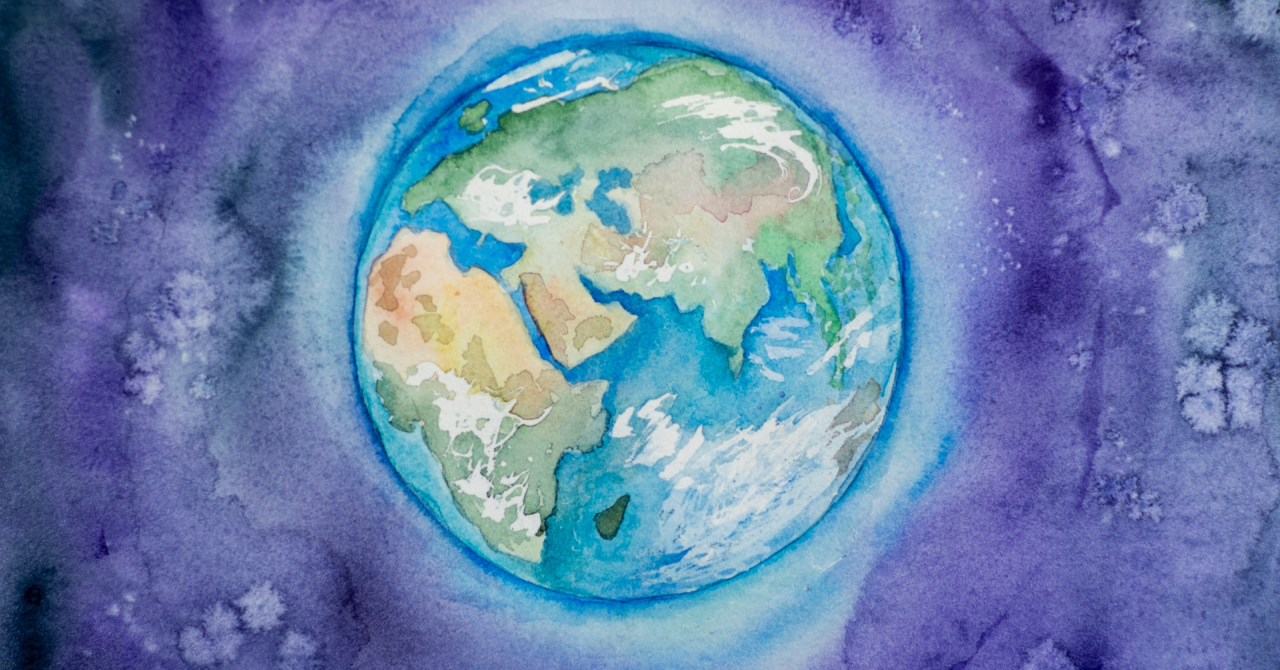According to Marketing-Interactive, Qiyun Woo, a Climate Action Singapore Alliance executive member, said that "brands can gain media mileage by aligning themselves with the cause in this month. However, jumping on the bandwagon comes with a fair amount of reputational risk depending on how a particular solution, product or campaign is marketed."
The expert argues that proper labeling is a great way to engage and earn the trust of customers. However, if the company's claims or said commitments are not respected by the executives, this can lead to mistrust and can cause more harm than good on the long run.
"My advice for brands is to engage meaningfully with local environmentalists, professionals, science communicators to find ways to communicate something complex in a way that's still entertaining, eye-catching but scientifically sound", she added.
Honesty and effort are critical
Going from the first tip, honesty is one of the best ways to attract the well-meaning environmentalists and customers, even if you might have to admit that your company sometimes fail to deliver on their promises.
Sustainability journalist Robin Hicks believes that "there may be more to lose reputationally than there is to gain from using Earth Day as a marketing platform. Consumers can tell opportunistic brands that are bandwagon-jumping."
This is why, in his opinion, if a company doesn't have a proper strategy for Earth Day or if it can't deliver on the promises, the whole event should be scrapped, instead of improvising and ultimately, failing.
"There’s no reason why brands can’t communicate any point of their sustainability journey, as long as they’re honest and transparent about where they are at that point in time", he added.
Finally, delivering on the commitments is the final touch companies need to add to their campaigns, as this will not only earn the trust of customers and investors, but it will help it in the long haul and will make future campaigns be more believable. This, of course, unless there is greenwashing along the way, which shouldn't happen if the two previous points are respected.p
Joanna Ash, the director of Bravery Communications, concluded that "progress should be tracked and evaluated to ensure that goals set are being met and communicated."
Ultimately, protecting the planet should be a daily priority both for consumers and companies, as it allows us to live healthier lives and it helps them increase their reputation.
 Mihai - Cristian Ioniță
Mihai - Cristian Ioniță












Any thoughts?